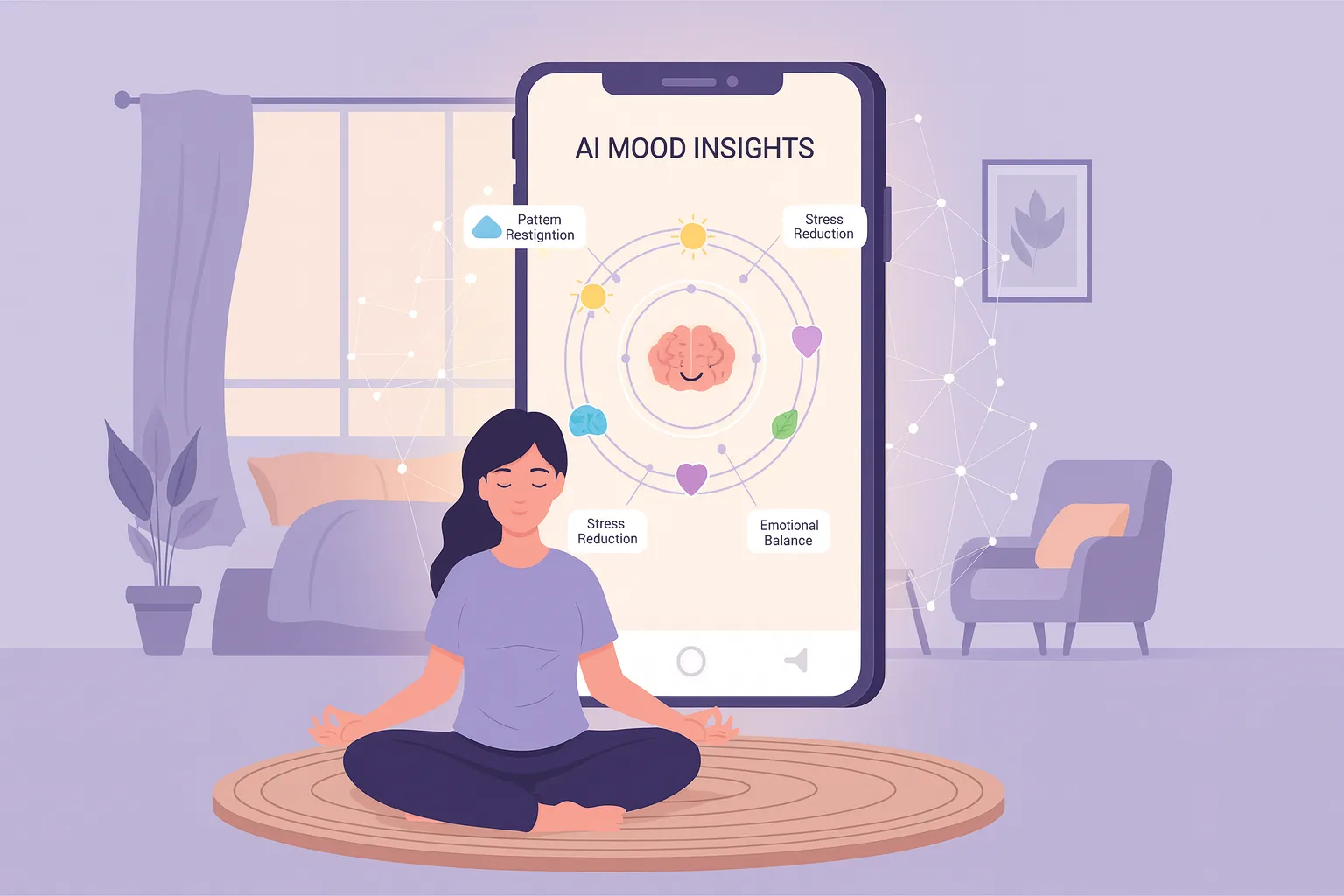In today’s digital era, patient data has become one of the most valuable assets in healthcare. Yet, hospitals and clinics still struggle with data breaches, incompatible systems, and lack of transparency.
That’s where blockchain technology comes in, offering a secure and transparent way to store, share, and manage medical information while restoring patient trust.
What Is Blockchain in Healthcare?
Blockchain is a decentralized digital ledger that records data in secure, linked “blocks.”
Unlike traditional databases managed by a single organization, blockchain distributes control across multiple participants, making medical data immutable, traceable, and tamper-proof.”
Every transaction or update creates a permanent record, ensuring full accountability in how health information is used.
Key Applications of Blockchain in Healthcare
- Electronic Health Records (EHR): Enables patients to control access to their personal medical data.
- Drug Supply Chain: Prevents counterfeit medications through verified tracking from manufacturer to pharmacy.
- Clinical Research: Improves transparency and data integrity in clinical trials.
- Billing and Insurance: Reduces fraud and administrative errors with verified transactions.
Countries like Estonia and the UAE are already leveraging blockchain in their public health systems and achieving greater security and efficiency.
Benefits for Patients and Providers
- Enhanced data security and privacy through encrypted access.
- Seamless interoperability between healthcare institutions.
- Greater patient autonomy to manage and share personal records.
- Improved efficiency by minimizing paperwork and redundant processes.
Challenges Ahead
Despite its potential, blockchain adoption in healthcare faces several barriers, including high implementation costs and lack of technical infrastructure, regulatory and ethical considerations around patient consent and data protection, and limited standardization across healthcare systems worldwide.
Despite its potential, blockchain adoption in healthcare faces several barriers, including high implementation costs and lack of technical infrastructure, regulatory and ethical considerations around patient consent and data protection, and limited standardization across healthcare systems worldwide.
Blockchain has the power to reshape the healthcare landscape by ensuring security, transparency, and patient empowerment.
As it integrates with artificial intelligence and digital health tools, the technology could usher in a new era where patients truly own their data, and trust becomes the core of medical care.
In healthcare, trust is everything, and blockchain might be the key to preserving it.



